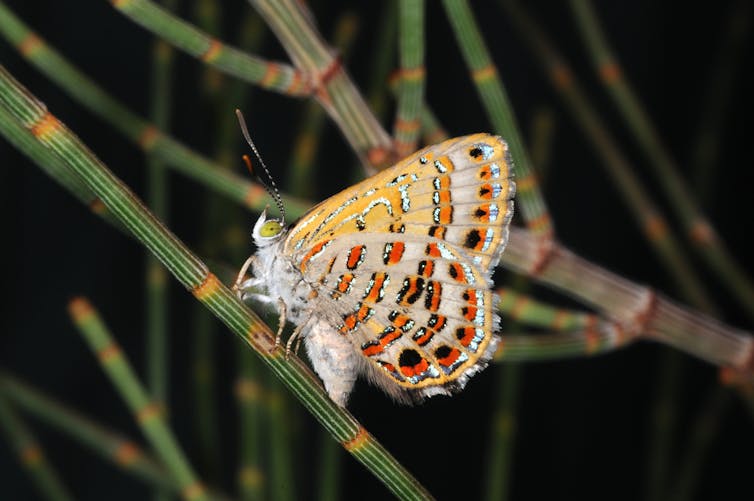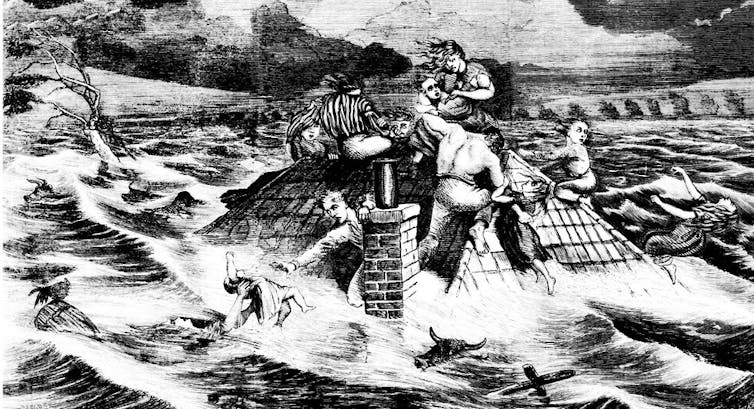 |
| (source) |
The wider public began hearing about an alleged mass insect extinction about three years ago. At the time, the suspicion something was wrong was based mainly on anecdotal reports.
One doesn’t need education beyond high school to understand that, if such reports were true, one should worry. Nature is based on natural cycles, but insects are key recyclers of nutrients; without them, nutrient cycles slow down, if they don’t screech to a halt. Insects are near the base of most land food chains; without them, predators have a hard time feeding themselves.
Perhaps more importantly from the perspective of capitalist societies: insects are also pollinators. Without them most flowering plants either cannot reproduce at all, or at best have their chances of reproducing greatly impaired. If you remember your high school biology, you know that no pollination means no seeds. Forests, meadows, mangroves all die out. But that’s not just “bunny-hugging”, in Boris Johnson’s colourful expression. Farmers, too, will be affected and currently there are over 7 billion mouths to feed on this planet.
Scientists therefore required more and more reliable information before taking a position on the matter. Understandably, nobody wants to back uncertain prophecies of doom. However, unlike economists, who, when faced with anecdotal reports, see no need for any further consideration, scientists decided to investigate what truth, if any, those reports contained.
So more research was done.
A year later, research came up. It revealed insect populations were indeed declining.
But caution and skepticism are professional virtues scientists cultivate, as much as economists cultivate deliberate, stubborn blindness. So, before taking a position on the matter, scientists decided more research on insect extinction was required.
Again, further research was done.
Another year on, the results remain disturbing. Sure, the situation needs qualification. Predictably, some insect species are not affected, some are even thriving. (As an anecdotal report: a few months ago, after over a decade without seeing a single specimen, I actually saw two bogong moths! Sadly, their apparition was so fleeting, catching me so entirely off-base, that I had
no the time to photograph them.) As always, scientists remain cautious. But now, scientific caution and skepticism, which in normal academic life are praiseworthy, start to sound disturbing – to me, at any rate. There’s a thin line separating scientists’ praiseworthy caution and skepticism from economists’ deliberate, stubborn blindness. This is not an academic exercise, ladies and gentlemen. Time is ticking.
Next time you see a butterfly, treasure the memory: scientists raise alarm on these 26 species


